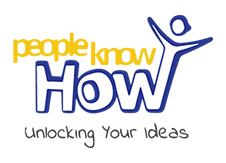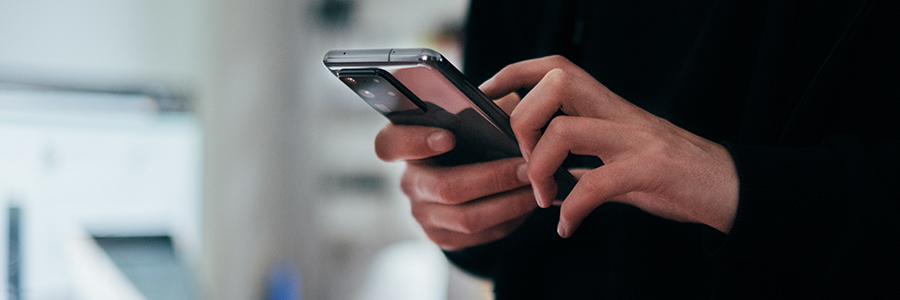This year we ran a pilot project to provide mobile phones, tablets, mobile data and digital support to adults recovering from addiction in Edinburgh and South Lanarkshire.
Every day in Scotland, three people suffer a drug-related death, report the Scottish Drug Deaths Taskforce. This is why the Scottish Government has launched measures to tackle drug-related deaths.
At People Know How we know that digital can help to improve wellbeing by helping people to connect online, improve financial health, find employment, housing, education, and much more. This is at the heart of our Reconnect service. With the multiple factors shown to predispose people to high drug use overlapping with those we tackle every day through Reconnect, we designed a pilot project to measure the impact of a project that specifically brings together digital and addiction recovery.
Providing the support
Working with recovery venues across Edinburgh and South Lanarkshire, we provided devices, data and tailored support to 30 people. The aim was to support them in their recovery journey, life and overall wellbeing, by providing tablets and phones pre-loaded with useful apps and tools alongside mobile data to access networks, engage in recovery groups and identify further support.
The people we supported didn’t just learn how to use the internet and their device, but they also developed a more positive outlook on how their devices could be used to improve their day to day lives. And in addition to aiding recovery, digital also let them rediscover things they enjoyed before addiction and plan their future, all while staying safe online. In this way the pilot also changed many participants’ mindsets towards technology, moving away from using an old device and the negative associations attached to that pre-recovery, towards using a new, modern smartphone or tablet that they could use to keep track of housing applications, find recovery groups online, apply for Universal Credit or keep in touch with family.
Take Eric, for example, who rediscovered his love of music using his new tablet and mobile data. Eric began emailing song lyrics to friends and using guitar tab apps to play songs and compose lyrics, which he now shares with his friends online. He also regularly goes busking, using PayPal to get tips digitally.
Another participant Tom, who has been struggling with addiction since childhood, changed his outlook on technology in less than 48 hours. With his new smartphone and data, we supported him to access recovery groups on WhatsApp, use a CBT app, and discover documentaries on BBC iPlayer. He now watches documentaries on addiction recovery to see if there are ideas he can share at weekly groups. Tom also shared his interest in nature, prompting our team to research apps for him to identify plants and find gardening volunteering opportunities that he can pursue in the future.
What’s next
We’re very proud to have made a difference to the lives of these 30 people through our pilot project.
One big finding was that the amount of data we could provide at 5GB was nowhere near enough what was needed. While this is a very common amount offered in similar projects, our findings proved that more is needed, especially when people don’t have access to WiFi at home or in shared spaces. This ties into our Connectivity Now campaign to end data poverty in Scotland – until we achieve this, there is no long-term solution to providing the data needed to address this basic human right.
Our Reconnect service currently works with community partners across Edinburgh and East Lothian to offer general digital support through digital groups. This pilot demonstrated that that digital support model also works specifically to support people in the recovery community, and we are keen to continue to develop this.
Big thanks to the Scottish Government for funding the project, administered by SCVO, to our partners at Scottish Recovery Consortium and the Edinburgh Alcohol & Drug Partnership, and to Reconome and O2 for providing the devices and data.
We welcome the opportunity of developing this work and invite people to contact us.

